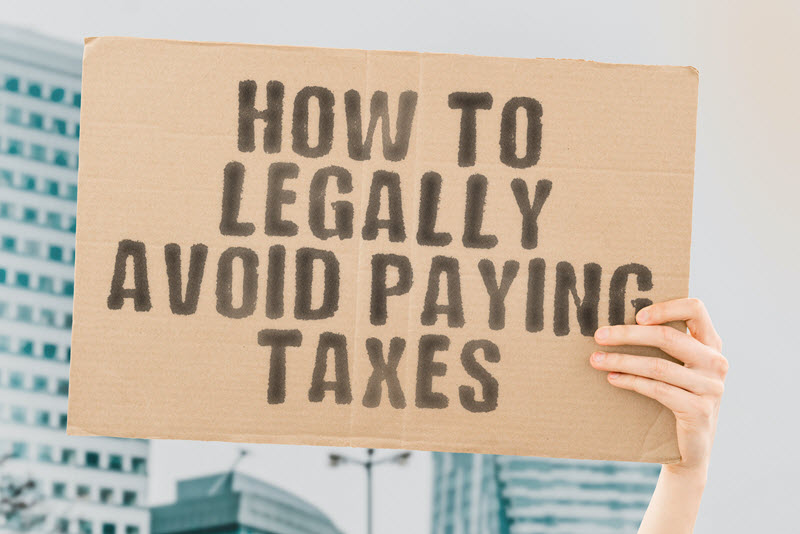When it comes to tax planning for real estate investing, timing is everything. The ideal time to start planning is before you make your first property purchase, or at least before you acquire multiple properties. The tax-saving strategies that work for one type of investment, such as house hacking, may not be the same as those for rental properties, BRRRR investing, short-term rentals, or flipping houses.
As you consider different investment strategies, it's also important to think about the type of entity you'll set up. Depending on your investment goals and the types of properties you're interested in, you may need to establish an S-Corp, LLC, or Inc. to help you minimize your tax liability.
It's worth noting that real estate investment can be a powerful tool for the wealthy to avoid paying taxes. This can be done through deductions and depreciation. For example, landlords can deduct the cost of maintaining and repairing rental properties, as well as any mortgage interest they pay on the properties. Additionally, they can depreciate the value of the property over time, which reduces their taxable income. However, it's important to remember that tax laws are subject to change and it's always recommended to consult with a tax professional to ensure compliance with the current laws and regulations.
Check out this video for more tips and ideas on how to save on your taxes when investing in real estate!
<<jump to 7:58 in the video to get to the good stuff>>


